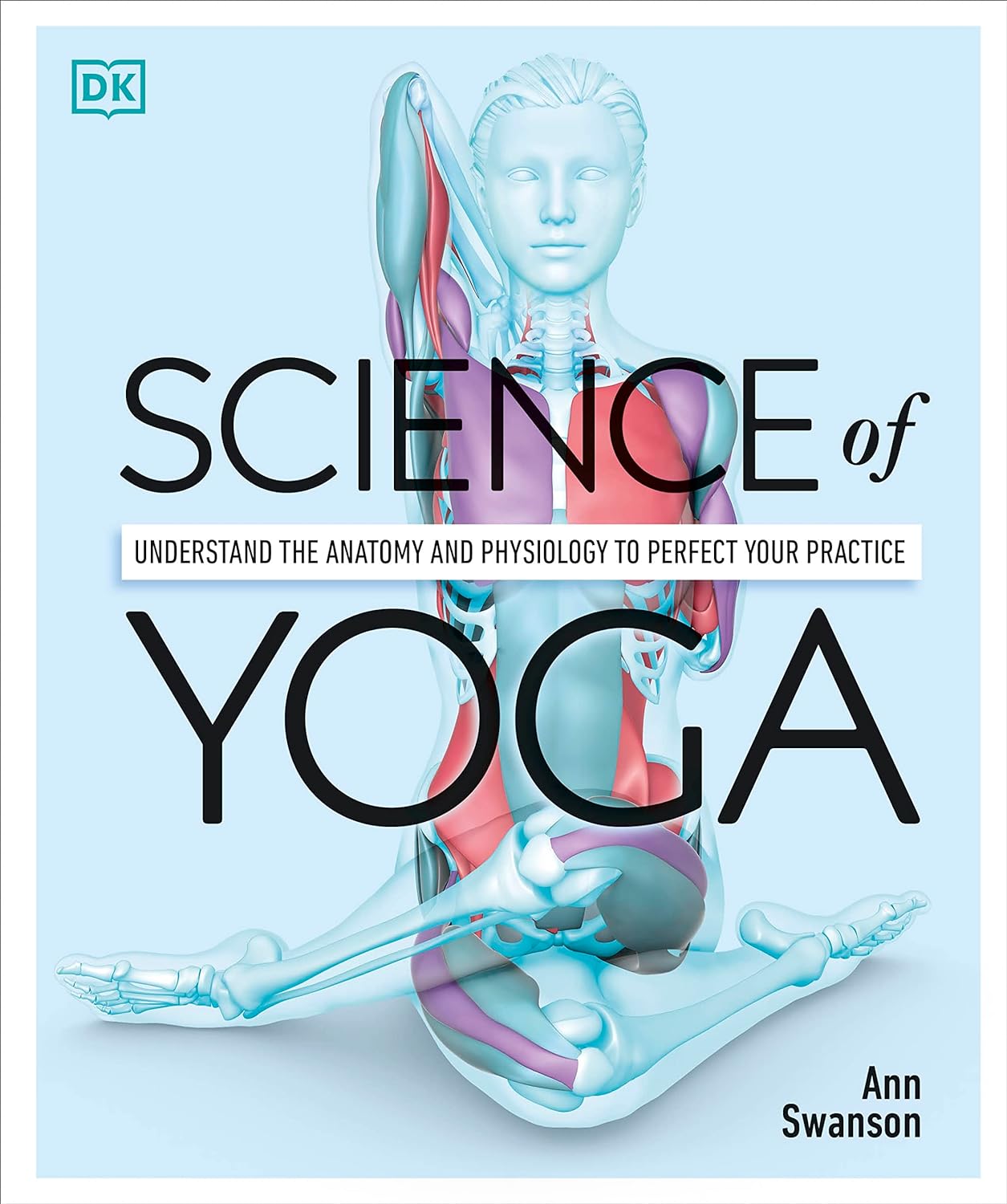Yoga for Stress Management: Coping Mechanisms

Before diving in, please note: This post is for informational purposes only. If you’d like to know more about how we approach topics, feel free to check out our friendly Disclaimer Page.
Hey there, amazing readers! 🖐️ Just a quick note: yes, we know there are a lot of ads here. Trust us, we get it—it’s not the prettiest look, but they help us keep this blog alive and kicking. Those pesky little ads cover the costs of all the behind-the-scenes magic, from hosting and tech stuff to creating content we hope you’ll love.
We’re committed to delivering quality posts, and your support (even just sticking around despite the ads) means everything to us. So, bear with us, and thanks for helping us keep the good vibes rolling. Now, on to the fun stuff! 😉
TRANSLATE BUTTON AT THE END OF THE ARTICLE
Introduction to Yoga for Stress Management
In today’s fast-paced world, stress has become a prevalent issue affecting many individuals.
Fortunately, yoga offers a holistic approach to stress management, encompassing physical, mental, and emotional well-being.
By integrating various yoga practices into your routine, you can effectively cope with stress and cultivate a sense of peace and balance in your life.
Whether you are a beginner or an experienced practitioner, yoga provides versatile tools to help you navigate the challenges of daily life with grace and resilience.
Understanding Stress and Its Impact
Stress is a natural response to demanding situations, triggering the body’s "fight or flight" mechanism.
While short-term stress can be beneficial in certain situations, chronic stress can have detrimental effects on your overall health.
Prolonged stress can lead to a host of issues, including anxiety, depression, high blood pressure, and weakened immune function.
Understanding the impact of stress on your body and mind is crucial in developing effective coping mechanisms to mitigate its negative consequences.
Benefits of Yoga in Stress Reduction
Yoga offers a myriad of benefits when it comes to stress reduction.
Through the practice of yoga, you can release tension stored in the body, calm the mind, and regulate your breathing, all of which contribute to a sense of relaxation and inner peace.
Additionally, yoga promotes mindfulness, allowing you to stay present in the moment and cultivate a non-judgmental awareness of your thoughts and emotions.
These aspects of yoga are instrumental in managing stress and fostering a sense of well-being.
Different Types of Yoga Practices
There are various types of yoga practices, each with its own unique focus and benefits.
Some popular styles of yoga for stress management include:
Hatha Yoga: A gentle form of yoga that emphasizes basic poses and breathing techniques.
Vinyasa Yoga: A dynamic practice that synchronizes movement with breath, promoting flow and mindfulness.
Restorative Yoga: A deeply relaxing practice that uses props to support the body in passive poses, encouraging deep relaxation.
Yin Yoga: A slow-paced practice that targets the connective tissues through long-held poses, promoting flexibility and relaxation.
By exploring different yoga styles, you can find the practice that resonates with you and supports your stress management goals.
Breathing Techniques for Stress Relief
Breath is a powerful tool in managing stress, as it directly impacts the nervous system and can help regulate the body’s stress response.
In yoga, various breathing techniques, or pranayama, are utilized to promote relaxation and calmness.
One effective technique is diaphragmatic breathing, where you focus on deep, slow breaths that originate from the diaphragm.
Another technique is alternate nostril breathing, which involves breathing through one nostril at a time to balance the body’s energy.
By incorporating these breathing practices into your yoga routine, you can enhance your ability to cope with stress and anxiety.
Yoga Poses for Relaxation and Calmness
Yoga poses, or asanas, play a significant role in promoting relaxation and calmness in the body and mind.
Certain poses are particularly beneficial for stress reduction, such as:
Child’s Pose (Balasana): A resting pose that releases tension in the back and shoulders.
Legs-Up-the-Wall Pose (Viparita Karani): A gentle inversion that promotes relaxation and improves circulation.
Corpse Pose (Savasana): A final relaxation pose that allows for complete surrender and rest.
By incorporating these poses into your yoga practice, you can create a sense of ease and tranquility, helping to alleviate stress and tension in the body.
Incorporating Meditation in Yoga for Stress
Meditation is a powerful practice that complements yoga in stress management.
By incorporating meditation into your yoga routine, you can further cultivate a sense of inner peace and mindfulness.
Meditation involves focusing the mind on a single point of awareness, such as the breath or a mantra, to quiet the chatter of the mind and promote relaxation.
Through regular meditation practice, you can enhance your ability to stay present in the moment, reduce anxiety, and improve overall mental well-being.
Creating a Yoga Routine for Stress Management
Establishing a consistent yoga routine is essential in effectively managing stress.
By setting aside dedicated time each day for yoga practice, you can reap the benefits of stress reduction and improved well-being.
When creating a yoga routine for stress management, consider the following tips:
Choose a time of day that works best for you, whether it’s in the morning to start your day with intention or in the evening to unwind and relax.
Design a sequence of poses that focus on releasing tension and promoting relaxation, incorporating both gentle and dynamic poses.
Include breathing exercises and meditation in your routine to enhance the calming effects of yoga.
Listen to your body and honor its needs, modifying poses as needed and practicing self-compassion throughout your practice.
By establishing a personalized yoga routine tailored to your needs, you can effectively cope with stress and cultivate a sense of balance and well-being in your life.
Tips for Practicing Yoga Safely
When practicing yoga for stress management, it’s essential to prioritize safety and avoid injury.
Here are some tips to help you practice yoga safely:
Listen to your body and respect its limits, avoiding pushing yourself beyond your comfort level.
Warm up before engaging in more challenging poses to prepare your body and prevent strain.
Use props, such as blocks and straps, to support your practice and enhance alignment.
Seek guidance from a qualified yoga instructor to ensure proper form and technique.
Stay hydrated and nourished before and after your yoga practice to support your body’s needs.
By following these safety tips, you can practice yoga in a safe and sustainable manner, maximizing its benefits for stress management.
Combining Yoga with Other Stress-Relief Techniques
While yoga is a powerful tool for stress management, combining it with other stress-relief techniques can enhance its effectiveness.
Some complementary practices to consider alongside yoga include:
Mindfulness meditation: Cultivating awareness and presence through mindfulness practices can deepen the benefits of yoga for stress reduction.
Physical exercise: Engaging in regular physical activity, such as walking, running, or strength training, can complement yoga in managing stress and promoting overall well-being.
Healthy lifestyle habits: Prioritizing adequate sleep, nutritious meals, and positive social connections can support your yoga practice and contribute to stress reduction.
By integrating these complementary practices into your routine, you can create a holistic approach to stress management that nurtures your body, mind, and spirit.
Real-life Success Stories with Yoga
Countless individuals have experienced profound benefits from incorporating yoga into their lives as a stress management tool.
From reducing anxiety and improving sleep quality to enhancing emotional resilience and promoting self-care, yoga has the potential to transform how we navigate stress and adversity.
Real-life success stories highlight the transformative power of yoga in promoting overall well-being and fostering a sense of inner peace.
One such success story is that of Sarah, a busy professional juggling multiple responsibilities and struggling with chronic stress.
By committing to a regular yoga practice, Sarah found solace in the calming effects of yoga, allowing her to unwind, destress, and regain balance in her life.
Through consistent yoga practice, Sarah was able to manage her stress levels more effectively, leading to improved focus, productivity, and overall happiness.
These real-life success stories serve as testaments to the profound impact that yoga can have on stress management and well-being.
By embracing yoga as a coping mechanism, individuals can cultivate resilience, inner peace, and a sense of empowerment in navigating life’s challenges.
Conclusion: Embracing Yoga as a Coping Mechanism
In conclusion, yoga offers a comprehensive approach to stress management, encompassing physical, mental, and emotional well-being.
By incorporating various yoga practices, breathing techniques, meditation, and mindful movement into your routine, you can effectively cope with stress and cultivate a sense of peace and balance in your life.
Establishing a personalized yoga routine tailored to your needs and combining yoga with other stress-relief techniques can enhance its effectiveness in promoting overall well-being.
Through the transformative power of yoga, individuals can navigate stress with grace and resilience, fostering a deep sense of inner peace and well-being.
By embracing yoga as a coping mechanism, you can unlock the secrets to managing stress, cultivating mindfulness, and nurturing your body, mind, and spirit.
Start your yoga journey today and experience the transformative benefits of this ancient practice in your life.

The Enlightenment Journey is a remarkable collection of writings authored by a distinguished group of experts in the fields of spirituality, new age, and esoteric knowledge.
This anthology features a diverse assembly of well-experienced authors who bring their profound insights and credible perspectives to the forefront.
Each contributor possesses a wealth of knowledge and wisdom, making them authorities in their respective domains.
Together, they offer readers a transformative journey into the realms of spiritual growth, self-discovery, and esoteric enlightenment.
The Enlightenment Journey is a testament to the collective expertise of these luminaries, providing readers with a rich tapestry of ideas and information to illuminate their spiritual path.
Our Diverse Expertise 🌟
While our primary focus is on spirituality and esotericism, we are equally passionate about exploring a wide range of other topics and niches 🌍📚. Our experienced team is dedicated to delivering high-quality, informative content across various subjects ✨.
To ensure we provide the most accurate and valuable insights, we collaborate with trusted experts in their respective domains 🧑🏫👩🏫. This allows us to offer well-rounded perspectives and knowledge to our readers.
Our blog originally focused on spirituality and metaphysics, but we’ve since expanded to cover a wide range of niches. Don’t worry—we continue to publish a lot of articles on spirituality! Frequently visit our blog to explore our diverse content and stay tuned for more insightful reads.





